Mr. Nguyen Tri Ngoc, Vice President of the Vietnam Fertilizer Association, said that after 10 years of implementing Law No. 71, many shortcomings have been seen. In the context of Vietnam's increasingly deep economic integration, the agricultural sector still maintains its role as the "support" of the economy.
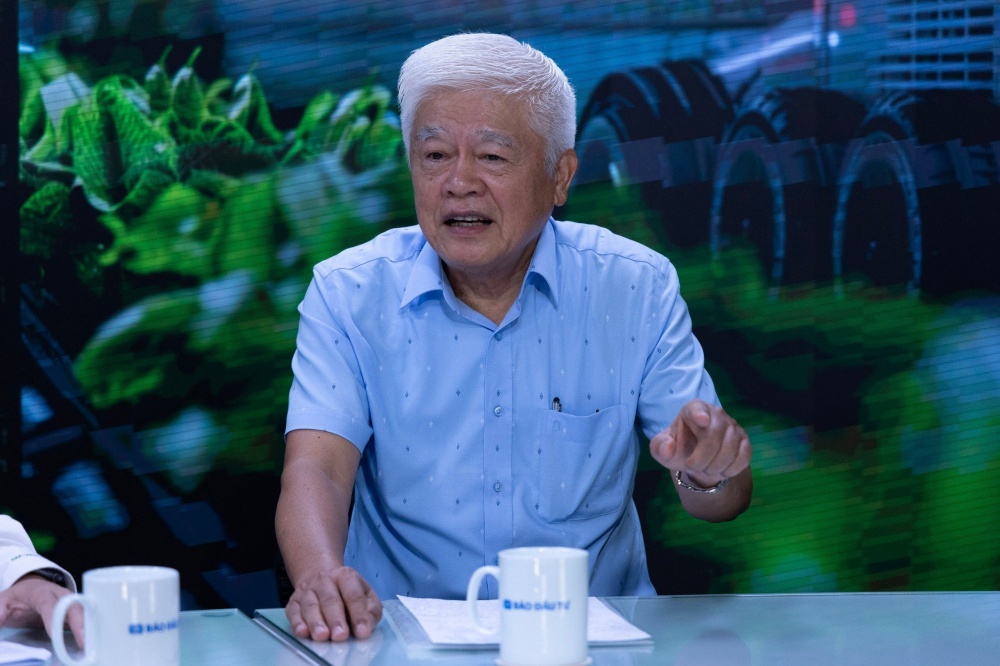 |
| Mr. Nguyen Tri Ngoc, Vice President of Vietnam Fertilizer Association |
The shortcomings are very clear, even those who do not understand taxes like farmers, those who "sell their faces to the ground and their backs to the sky" have realized it very clearly after 10 years of implementing Law No. 71. 10 years without VAT, the agricultural sector has suffered both single and double losses, and farmers are the ones who suffer.
Simply put, fertilizer products are “not subject to VAT” according to Law No. 71. Therefore, fertilizer enterprises are not allowed to declare or deduct input VAT on goods, services, machinery and equipment invested in fertilizer production. Because they are not deductible, fertilizer production activities must be included in product costs, that is, in product prices, which pushes up fertilizer prices.
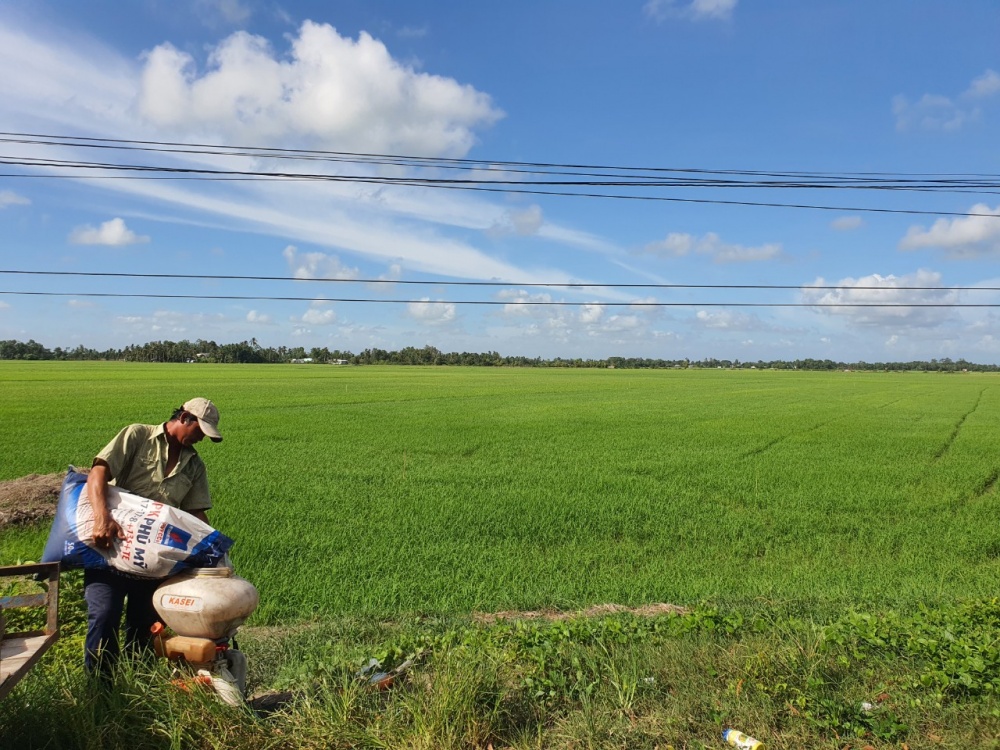 |
| Farmers are having to use fertilizers at higher prices because fertilizers are not subject to value added tax. |
“So who is responsible?” Mr. Ngoc asked, affirming that it is the farmers and the users of those materials who are responsible. While materials account for about 40-60% of the cost of agricultural products, they are essential inputs that cannot be missed. Thus, it directly affects the cost of the products that farmers produce. In the end, farmers have to bear the burden. If they are deducted, the products are deducted, and the cost will decrease.
Another impact is that when the cost of domestically produced fertilizer increases, it becomes uncompetitive with imported fertilizer products. Specifically, each year the agricultural sector consumes 11-12 million tons of fertilizer, of which about 8 million tons are domestically produced products, the rest are imported. It is forced to import because there are products that Vietnam cannot produce yet.
“Imports are unfairly competitive because their country pays VAT, so it is deductible and the import price is lower than the domestic production price. Therefore, the agricultural sector, farmers and production enterprises have suffered double losses for the past 10 years,” Mr. Ngoc explained.
The Vice President of the Vietnam Fertilizer Association also said that Vietnam currently has several hundred fertilizer factories of all kinds, from small to large. In agriculture, about 11-12 million tons of fertilizer of all kinds are used annually. This number implies that fertilizer is an agricultural product, and agriculture in the policies of countries is a commodity that needs to be prioritized over other goods.
“It is known that 60% of the fertilizer we import comes from Russia and China. Russia has a VAT policy of 20%, China 11%, expected to decrease to 9%. Neighboring countries such as Malaysia, Indonesia, Thailand... also consider fertilizer as a VAT-taxable item. For example, Thailand is 8%, Malaysia is approximately the same. Thus, the whole world charges VAT on fertilizer, without any exception. Their thinking is that agricultural production - the subject that needs to be prioritized, must be developed sustainably to create a foundation for society.
As for Vietnam, we value agriculture, have many resolutions, many policies, but lack specific policies and need to continue to learn, research and apply because our country's agricultural sector is having to integrate more and more deeply. Every year, Vietnam exports approximately 55 billion USD, of which agriculture is a sector that makes a very positive contribution to earning foreign currency for the country. In the context of natural disasters, climate change, and epidemics, agriculture becomes the mainstay of the economy and needs to be supported comprehensively, that is at the macro level," Mr. Ngoc expressed.
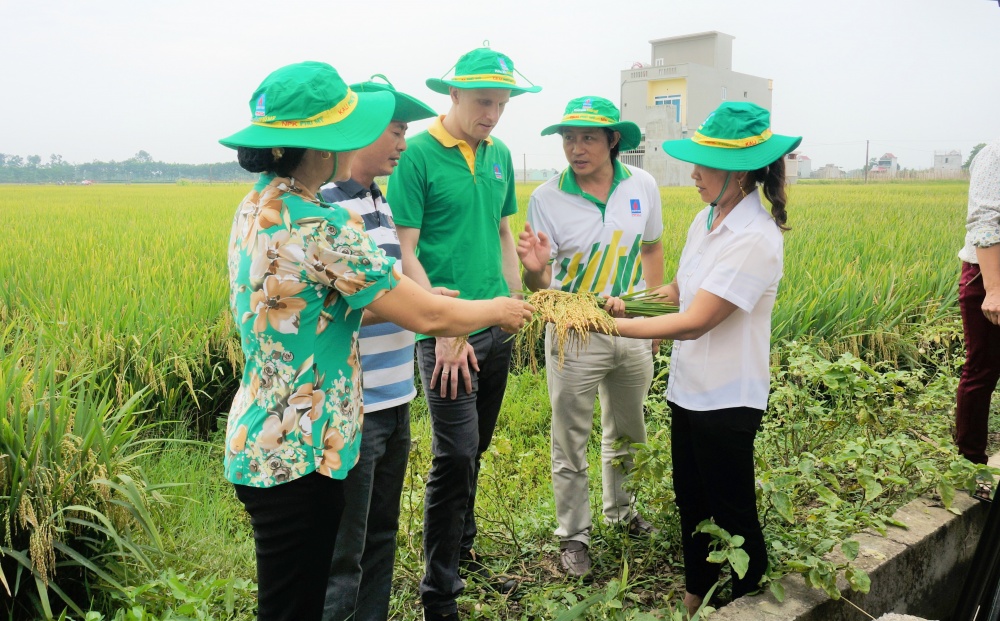 |
| Fertilizers bring high economic efficiency to farmers. |
Specifically, this pillar is made by millions of farming households. Those millions of farmers need to be cared for so that they can invest and develop sustainable agriculture according to our current policy of developing green, sustainable, and ecological agriculture.
To achieve this goal, the State needs to have the most effective support policy through tax policy so that farmers can continue to promote their advantages. That is the impact on input goods which account for 40-60% of production costs. The world has applied it and Vietnam also needs to study and apply it, which is very necessary.
"As far as I know, VAT is a major source of revenue, one of the pillars of the tax system, but the important thing is to make this source of revenue sustainable and effective. Adjusting VAT on fertilizers from non-taxable to taxable at a rate of 5% is necessary and has been applied by countries around the world. We also need to study and apply it to create conditions for industrialization and modernization of the agricultural sector, improve labor productivity and improve the lives of farmers," Mr. Ngoc said.
Source: https://thoibaonganhang.vn/10-nam-khong-duoc-ap-thue-gtgt-nganh-nong-nghiep-thiet-don-thiet-kep-154638.html








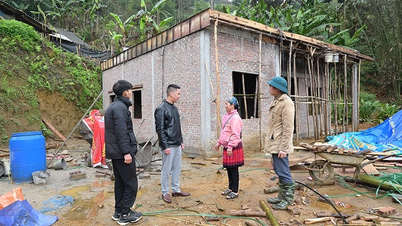

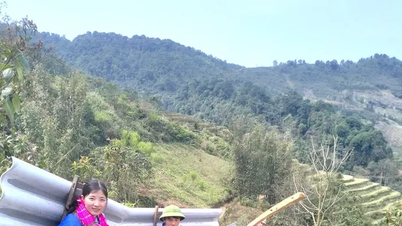

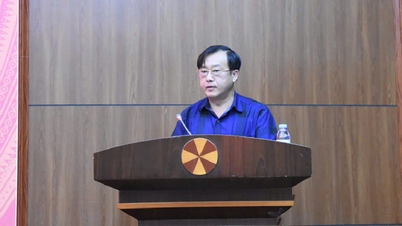
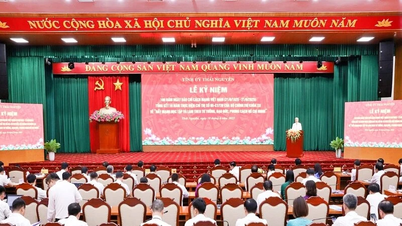
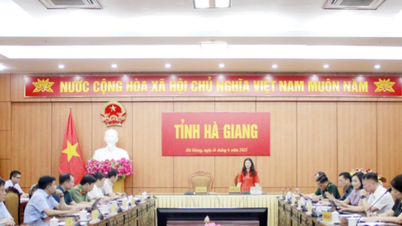
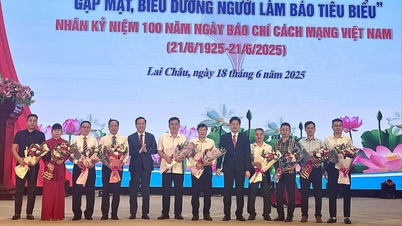





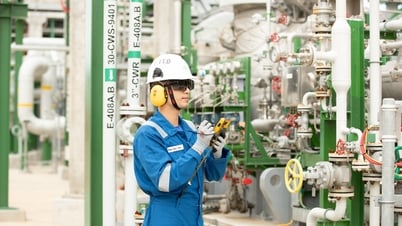
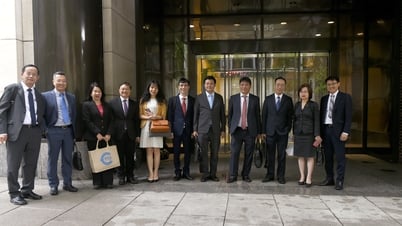
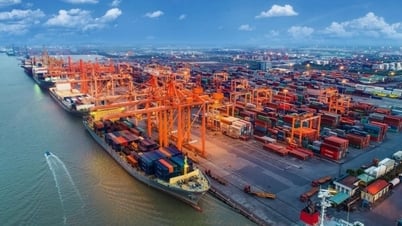
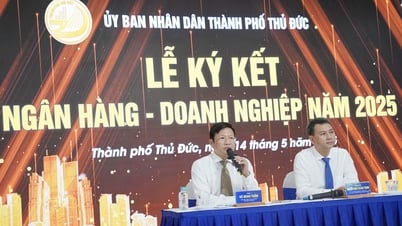
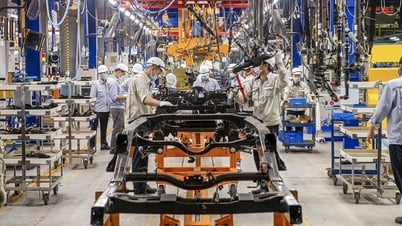








































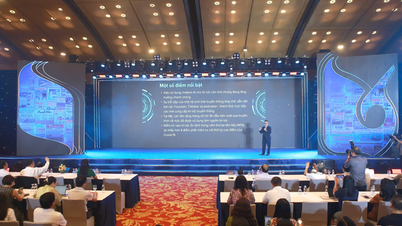








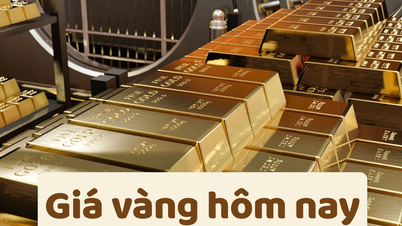






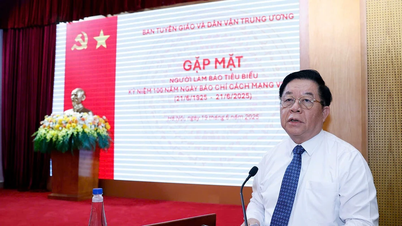

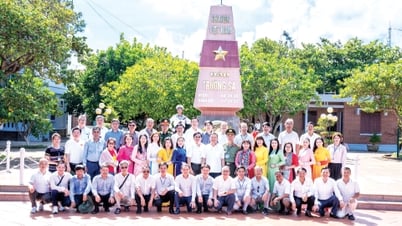














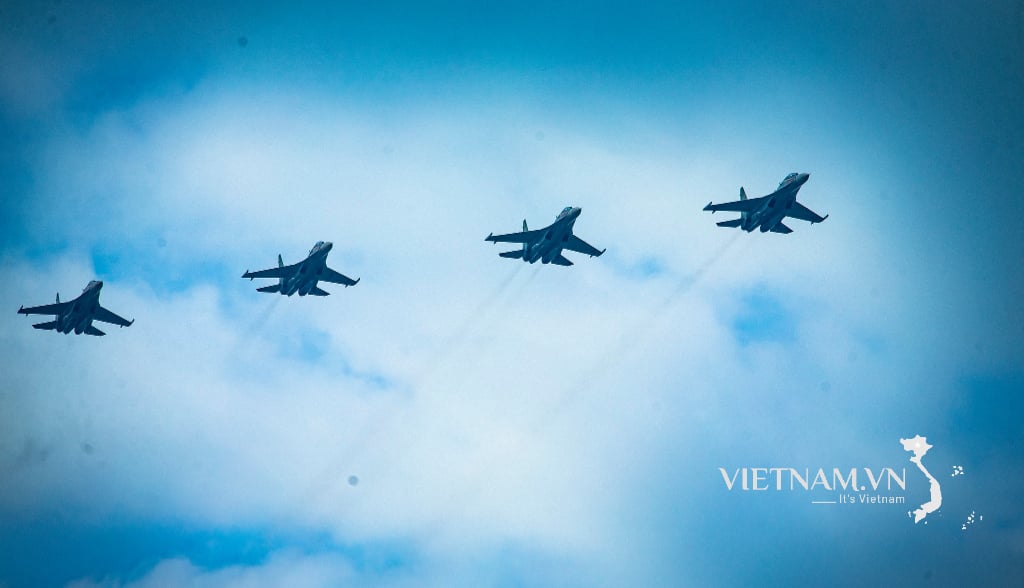
Comment (0)